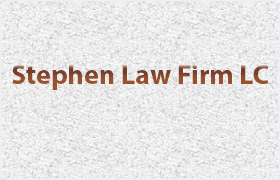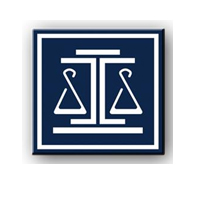Gwinnett County, GA DUI-DWI Lawyers
Sponsored Law Firm
-
 x
x

Click For More Info:
-
Stephen Law Firm LC
4411 Suawanee Dam Rd Suite 820 Suwanee, GA 30024» view mapCriminal Law Exceptional Representation
We are a general practice law firm with offices located in North and South Gwinnett.
800-871-0830
Margaret Gettle Washburn
✓ VERIFIEDAccident & Injury, Criminal, Divorce & Family Law, Divorce, DUI-DWI
Margaret Washburn has a general trial practice that focuses primarily on complex and high asset domestic relations litigation, including divorce, modi... (more)
Anthony T. Pete
Family Law, Divorce & Family Law, DUI-DWI, Criminal
Status: In Good Standing Licensed: 31 Years
Jason Robert Carnell
DUI-DWI, Criminal, Personal Injury, Car Accident
Status: In Good Standing Licensed: 14 Years
FREE CONSULTATION
CONTACTJodie E. Rosser
Commercial Real Estate, Real Estate, DUI-DWI, Criminal
Status: In Good Standing Licensed: 21 Years
Michele Yvette Sims
Criminal, DUI-DWI, Social Security -- Disability
Status: In Good Standing Licensed: 16 Years
FREE CONSULTATION
CONTACTS. Carlton Rouse
Felony, Misdemeanor, DUI-DWI, Personal Injury
Status: In Good Standing Licensed: 20 Years
FREE CONSULTATION
CONTACT Stephen Law Firm Suwanee, GA
Stephen Law Firm Suwanee, GA AboutStephen Law Firm LC
AboutStephen Law Firm LC Practice AreasSpecializations
Practice AreasSpecializations


